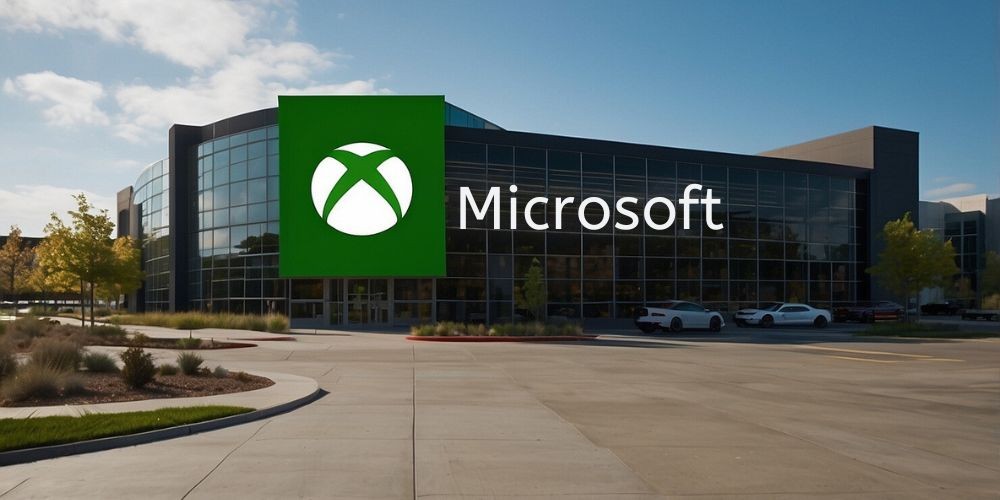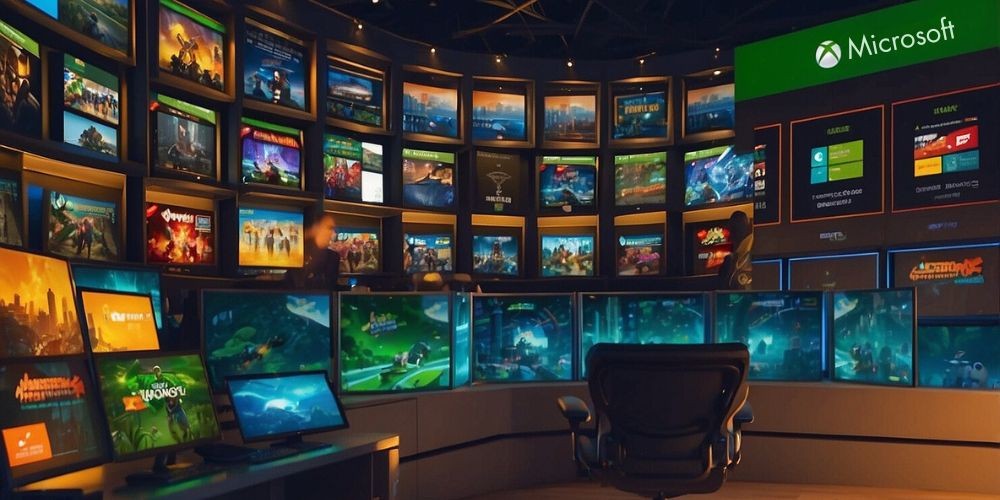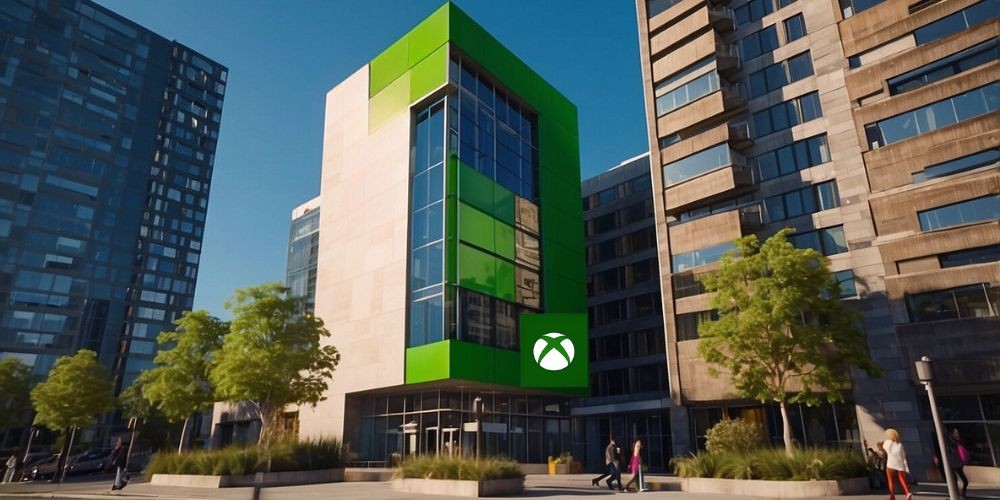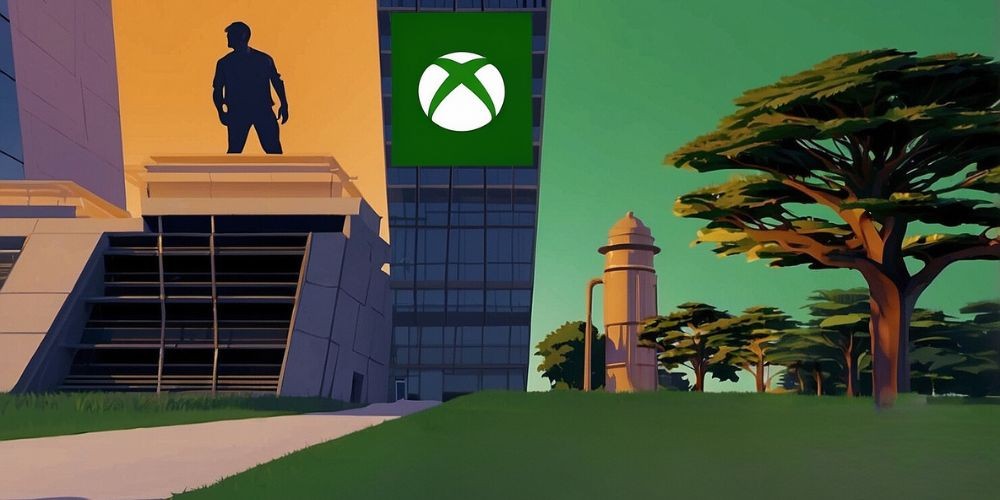Navigating Microsoft's Game Pass Price Changes: Strategic Shifts and Industry Implications
04 Aug 2024

In the rapidly evolving world of gaming, pricing strategies, and subscription models continuously adapt to market demands and consumer expectations. The announcement by Microsoft of significant changes to the Game Pass pricing structure has stirred considerable debate among the gaming community. This article delves into the implications of these changes, offering insights from industry analysts and examining Microsoft's broader strategic approach.
Understanding the Recent Price Changes
Microsoft's latest announcement reveals a notable increase in the cost of Game Pass subscriptions. Specifically, new users will no longer have the option to subscribe solely to the console version of Game Pass. The annual price for Game Pass Core has been raised from $59.99 to $74.99. For PC users, the monthly fee has gone up from $9.99 to $11.99, and the Ultimate tier now costs $19.99, a jump from $16.99. Moreover, a new 'Standard' tier at $14.99 offers online multiplayer access and approximately 25 games from the back catalog.

Microsoft's Ambiguous Stance on Pricing
Microsoft's approach to Game Pass pricing has been somewhat unclear. In recent legal proceedings, particularly during the Federal Trade Commission's scrutiny of the Activision Blizzard merger, Microsoft's legal team asserted that no immediate price hikes would follow the deal's closure. However, by September, Phil Spencer, the CEO of Microsoft Gaming, conceded that a price increase was unavoidable sooner or later. The addition of high-profile titles like Call of Duty to Game Pass seems to have expedited this price adjustment.
Insights from the Industry
Rhys Elliott, a games analyst at MIDiA Research, shared his thoughts on the subject with Wccftech. Elliott indicated that Xbox is focusing on maximizing its revenue per paying user and attracting new subscribers through this pricing strategy. The imminent arrival of Call of Duty on Game Pass is expected to draw more users, making the timing of the price hike logical. According to Elliott, future price increases are likely, given the saturation in subscriber growth on both console and PC platforms.

Shift in Subscription Tiers
The original Game Pass Console tier has become something of a relic, as it does not offer day-one online access to major non-free-to-play games like Call of Duty. Xbox has signaled the phasing out of this tier by making it less visible in its store. The introduction of the Standard tier can be seen as a midpoint between Core and Ultimate, aiming to steer users towards higher-tier subscriptions and ultimately increasing average revenue per user (ARPU).
Xbox's Strategic Direction
The recent adjustments in Game Pass pricing and structure reflect Xbox’s broader strategy. By encouraging users to opt for the Ultimate tier and enhancing ARPU, Microsoft prepares for a significant push into mobile and cloud gaming. Despite the importance of PC and console markets, which are nearing saturation, the company is keen on exploring new growth avenues. This approach aligns with the efficiency and cost-cutting trends prevalent in today's big tech industry.

Mobile and Cloud Gaming Expansion
Elliott underscores the importance of Xbox's foray into mobile gaming. Microsoft plans to launch its Xbox mobile store via the Web, aiming to substantially enlarge its market reach. This expansion into mobile territory represents a strategic move to capture a diversified audience and grow its user base beyond traditional gaming platforms.
Potential Benefits for Subscribers
On a positive note, the inclusion of additional titles from Activision Blizzard beyond Call of Duty adds significant value to Game Pass. Upcoming additions include popular franchises such as the Crash Bandicoot N. Sane Trilogy, Spyro Reignited Trilogy, and Tony Hawk’s Pro Skater 1+2. While these titles may justify the higher subscription fees for some users, the overall reception of these changes remains to be seen in the broader gaming community.
In conclusion, Microsoft's decision to revise Game Pass pricing is a calculated step reflecting its strategic goals of maximizing revenue and exploring new market opportunities. The forthcoming integration of high-demand games and the expansion into mobile and cloud platforms signal a pivotal period for Xbox. Whether these changes will be accepted by the consumer base or provoke backlash remains an open question.







